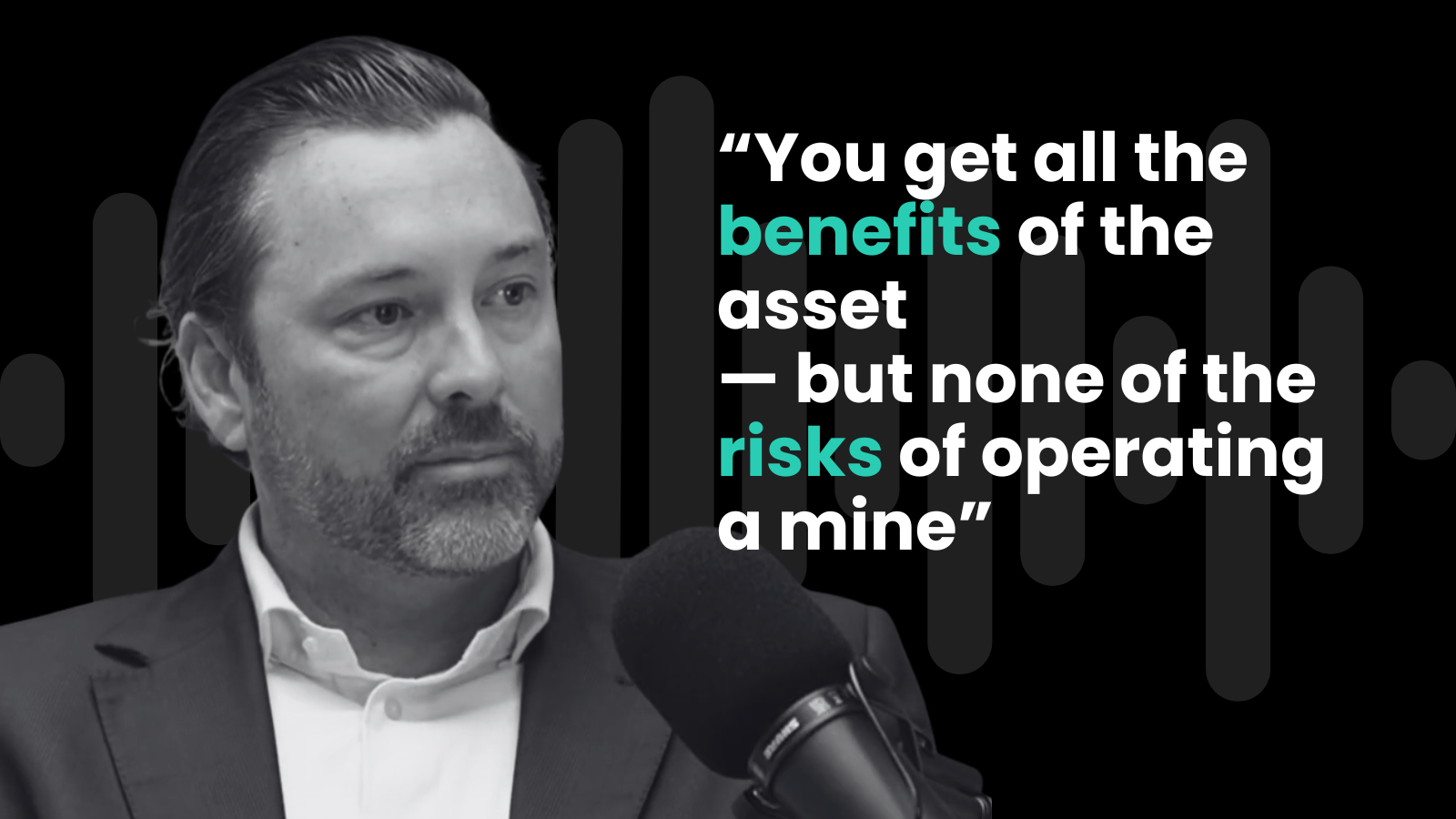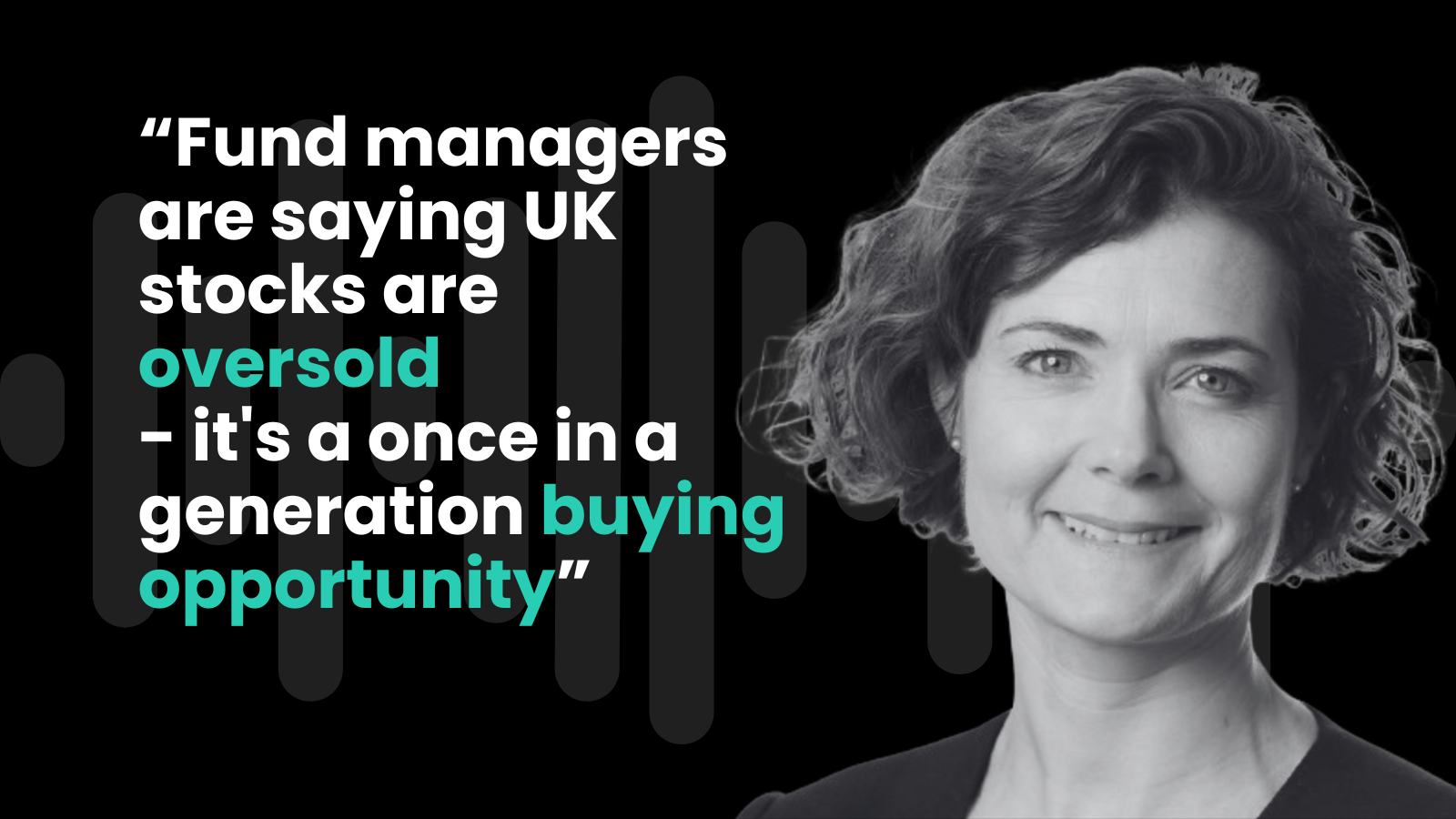The unloved UK stock market has been enjoying a rare moment in the sun. After years in which international investors dismissed London as stodgy and provincial, a rebound in share prices has lifted the fortunes of one of the City’s stalwarts: UK Equity Income investment trusts.
The sector has returned 14% over the past year, 79% over five years, and 105% over the last decade. That performance has been accompanied by reliable dividends — an average yield of 4.1% — and shares in the sector now trade at a modest discount of 3.5% to net asset value, compared with 13.9% for the average investment trust. The question nagging investors is whether this resurgence can last.
At a webinar hosted by the Association of Investment Companies (AIC), a cluster of fund managers struck an optimistic note. Ian Lance of Temple Bar Investment Trust [LON:TMPL] argued that valuations remain the best guide to future returns. On both measures — versus history and relative to other markets — the UK looks cheap. The valuation gap between growth and value shares is near a fifty-year extreme, suggesting that funds tilted towards the latter may enjoy tailwinds.
Others share that conviction. Anthony Lynch of JPMorgan Claverhouse noted that inflation has eased, interest rates are heading lower and households are in better shape than a year ago.
- Thomas Moore: finding dividend stocks and capital growth
- Is the UK now a natural hunting ground for investors?
Meanwhile, UK equities continue to trade at a discount to overseas peers, offering a “margin of safety.” Laura Foll, co-manager of the Lowland Investment Company [LON:LWI] and the Law Debenture Corporation, made a similar point: the valuation discount spans nearly every sector, not just those affected by Britain’s lack of technology titans. That cheapness, she observed, is spurring a wave of foreign takeovers at plump premiums, the latest being the private-equity swoop on Spectris.
Dividend yields remain central to the case
If valuation provides the broad argument, managers differ on where the juiciest opportunities lie. Lynch favours mid-cap companies, such as XPS Pensions and food producer Cranswick, which combine premium yields with growth potential and trade more cheaply than larger counterparts. Julian Cane of CT UK Capital & Income [LON:CHI] is also enthusiastic about mid and small caps. Historically these have outperformed blue-chips over the long run, yet today they trade at a rare discount to the FTSE 100. He expects that anomaly to unwind. Lance highlights financials, consumer discretionary and energy, where prices have sunk furthest below intrinsic worth.
Dividend yields remain central to the case. Thomas Moore of Aberdeen Equity Income Trust [LON:AEI] points to the outperformance of the highest-yielding stocks this year. The end of ultra-low rates, he argues, has undermined the extravagant valuations of growth darlings, prompting investors to rediscover “cheap in the here-and-now” dividend payers.
Tobacco firm Imperial Brands LON:IMB illustrates the trend: its yield has fallen from 10% in 2023 to 5% today as its share price has rallied. Moore sees similar potential in financials such as Ashmore, Sabre Insurance and OneSavings Bank, all boasting payouts well above 6%.
Why investment trust structures help with equity income
The investment trust structure itself is a help. Unlike open-ended funds, trusts can hold back up to 15% of income each year to build reserves. This cushions payouts during leaner times, helping vehicles such as Claverhouse raise dividends for more than half a century straight. Leverage is another tool: if returns on borrowed capital exceed interest costs, both income and capital growth are enhanced. Some trusts have even tweaked dividend policies to reflect corporate Britain’s shift towards buybacks. Temple Bar, for example, now tops up distributions by drawing on capital reserves, lifting its yield to around 5%.
Risks remain. Managers fret about Britain’s economic policy, with Lance warning that “anti-growth and anti-business” measures, alongside a stubborn budget deficit, could keep bond yields high. Others note the global nature of the risks: with 70% of FTSE All-Share earnings generated overseas, geopolitical shocks or weaker demand abroad can quickly rattle UK-listed firms. Domestic politics, too, will swing sentiment, as investors scrutinise the budget for clues about the government’s approach to business and tax.
Still, the mood in the sector is strikingly brighter than in recent years, when UK equities were viewed as a value trap. The combination of high dividends, cheap valuations and improving macroeconomic conditions offers a sturdier backdrop. Foreign predators circling British companies suggest outsiders see value, too. For investors, the bet is that the long-shunned UK market, once derided as a laggard, may finally reward those patient enough to collect the income while they wait.
Related Investment Trusts
Would you like your funds listed here? Contact usSchroder Income Growth Fund plc AIC: UK equity income
LON:SCF / GBP 

























